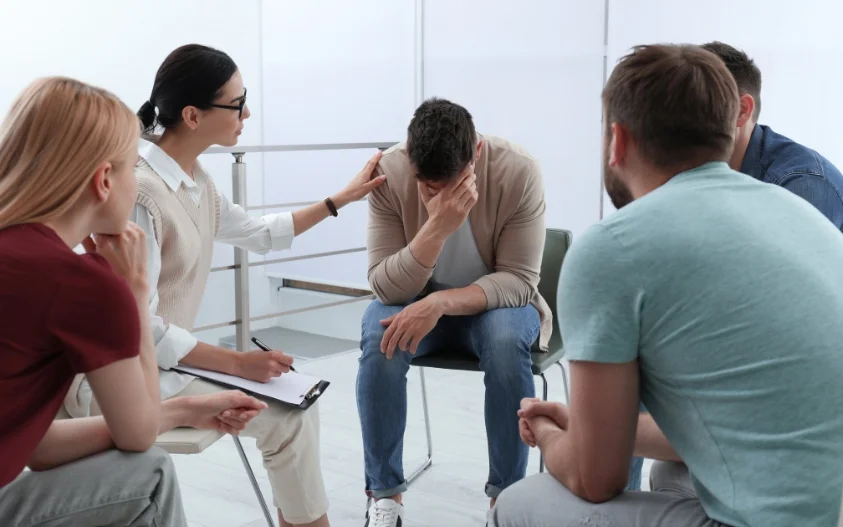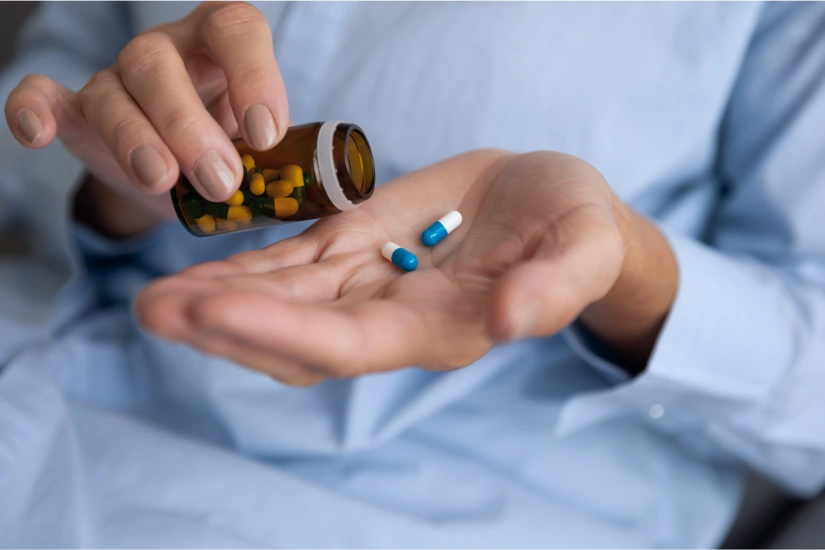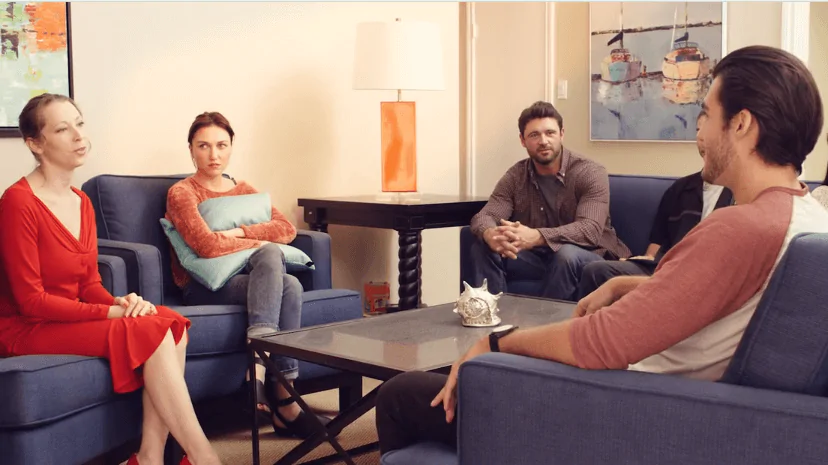24/7 Helpline:
(866) 899-111424/7 Helpline:
(866) 899-1114
Learn more about Partial Hospitalization Program centers in Prince George
Partial Hospitalization Program in Other Cities












Community Services Board – Prince George Counseling
Community Services Board - Prince George Counseling Services offers outpatient treatment for adults ...



Other Insurance Options

Sliding scale payment assistance

ComPsych

Horizon Healthcare Service

Lucent

Self-pay options

Providence

Optima

Ambetter

WellPoint

WellCare Health Plans

MHNNet Behavioral Health
Beacon

Absolute Total Care

Humana

Meritain

Sutter

State Farm

Ceridian

Premera

Group Health Incorporated